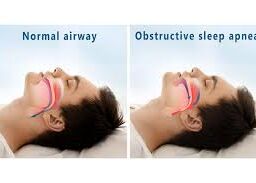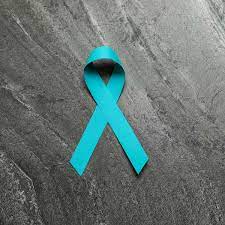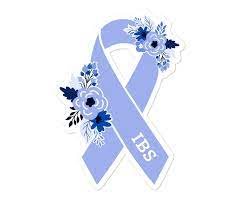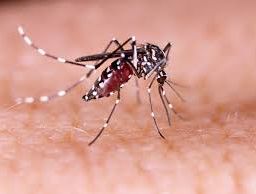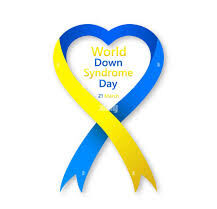
Spotlight on Glaucoma: Prevention, Treatment, and Awareness During World Glaucoma Week
World Glaucoma Week, observed globally every March, serves as a pivotal initiative to shine a light on the silent threat of this eye condition, a leading cause of irreversible blindness. this annual campaign rallies individuals, healthcare professionals, and advocacy groups to underscore the significance of regular eye exams, early detection, and proactive treatment in mitigating the impact of this vision-threatening condition. Join us in raising awareness during this Week, as we unite to beat invisible glaucoma and emphasize the critical role of preventative measures in preserving eye health and averting irreversible sight loss.
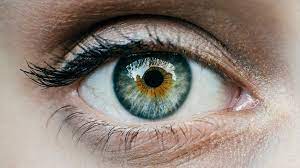
The week-long campaign is celebrated March 12 – March 18 and aims to educate the public about the importance of regular eye exams, early detection, and treatment to prevent vision loss caused by glaucoma.
Overview of Glaucoma
This is an eye condition that affects the optic nerve, which carries information from the eye to the brain. It is often caused by an increase in pressure inside the eye and can lead to vision loss. Glaucoma is the leading cause of irreversible blindness worldwide, and the risk increases with age. Treatment typically includes medications, laser therapy, and surgery, depending on the severity of the condition. Early diagnosis and treatment are important in order to slow or stop the progression of vision loss.
During World Glaucoma Week 2023, healthcare professionals, patient organizations, and advocacy groups will come together to promote awareness and education about glaucoma. This year’s theme is “Beat Invisible Glaucoma,” which highlights the need for early detection and treatment to prevent vision loss caused by this silent disease. Through various events and activities, participants will work to spread the message that regular eye exams are essential for maintaining good eye health and preventing blindness.
Disclaimer: The information provided in this content is for general informational purposes only. It is not intended as medical or healthcare advice, diagnosis, or treatment. Always seek the advice of a qualified healthcare professional with any questions you may have regarding a medical condition or healthcare decisions.




